| Many trade defense challenges 'surround' Vietnam's steel and aluminum industry Increasing export turnover: Promoting trade defense capacity enhancement for businesses |
High risk of goods being investigated for trade defense
In the context of the implementation of the Vietnam - UK Free Trade Agreement (UKVFTA) as well as the UK officially becoming a member of the Comprehensive and Progressive Agreement for Trans -Pacific Partnership (CPTPP), Vietnamese goods have a great opportunity to conquer this market. The UK market is quite large (about 68 million people), in which the Asian community of more than 5.5 million people with diverse consumption needs... is expanding export opportunities for Vietnamese goods.
Ms. Hoang Le Hang - First Secretary, Vietnam Trade Office in the UK (concurrently in Ireland) - said that currently, Vietnamese enterprises have the opportunity to increase exports of items such as: Rubber, electric wires and cables; telephones and components of all kinds, coffee, cereals, confectionery, ceramics, vegetables, food, rice, leather shoes, garments, seafood, wooden furniture, steel products...
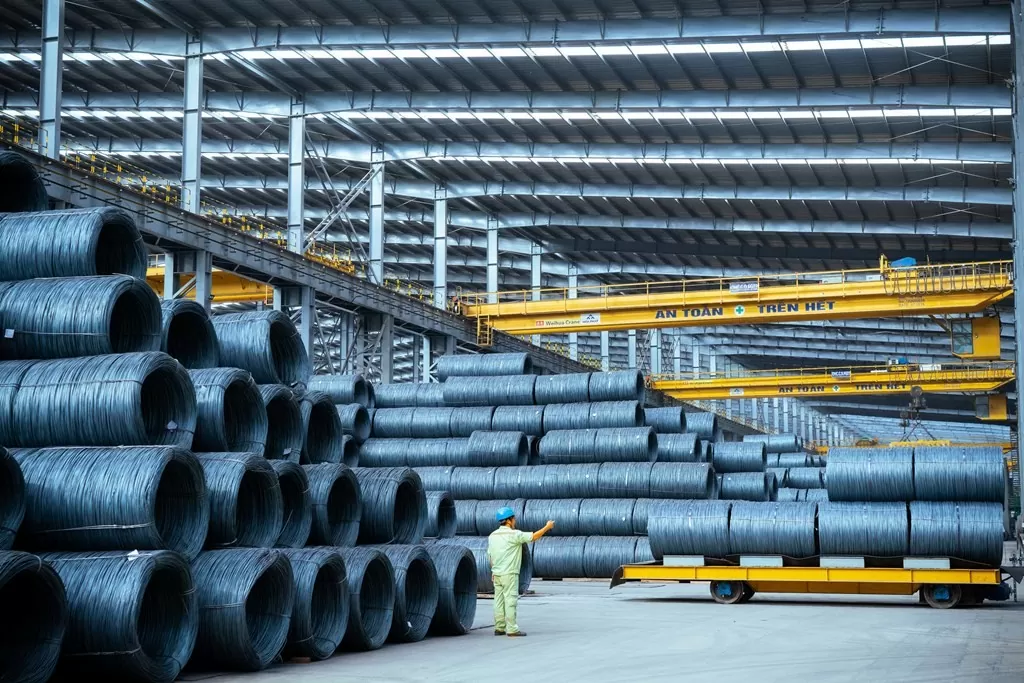 |
| Steel is one of the products facing many risks of being investigated for trade defense. Photo: VNA |
However, exporting goods to the UK market will also face many difficulties and challenges. In particular, Ms. Hoang Le Hang pointed out that the UK market requires high product quality and competitive prices. Along with that, the trend of products for dieters is more popular such as: vegan, gluten-free (for people with gluten allergies), sugar-free, salt-free... making the production and supply of agricultural food more specialized and complicated. Laws on preventing deforestation and forest degradation will affect the export of products such as wood, coffee, rubber, vegetable oil, soybeans, and leather.
In particular, because the UKVFTA Agreement has a deep level of tariff reduction, the competitive pressure on businesses will also be higher and at that time, the need to use trade defense tools will also increase to protect the manufacturing industry of each country. This will cause Vietnam's export goods to face great risks in the process of accessing this potential market.
According to Mr. Nguyen Canh Cuong - former Trade Counselor of Vietnam in the UK, with strong export growth, some Vietnamese products are at high risk of being investigated for anti-dumping in the UK, especially steel and extruded aluminum, ceramic tiles, and textiles. In particular, with the global steel surplus, Vietnamese steel exported to the UK is at high risk of being investigated for dumping. Aluminum and extruded aluminum is also an area at risk of being investigated, especially when aluminum from other countries has been targeted by similar investigations in the UK.
Ceramic tiles and ceramic products are at low risk of being subject to anti-dumping investigations unless there are specific factors that increase competitive pressure from imports. Although Vietnam’s textile and garment industry has seen growth in exports to the UK, due to its small size and lack of significant importance to the UK economy , the risk of being subject to anti-dumping investigations is limited. However, this industry may only be subject to investigation if there are unusual factors, such as a sudden increase in imports at very competitive prices.
Follow closely market policy changes
After leaving the European Union (EU), the UK has built its own trade defense mechanism to protect domestic industries from unfair competition from outside. According to Mr. Nguyen Canh Cuong, the UK's trade defense policy continues to play an important role in protecting domestic industries from international competition.
For Vietnam, although exports to the UK are growing, Mr. Nguyen Canh Cuong recommends that businesses need to be careful in managing prices and cooperate closely with partners to avoid anti-dumping investigations from the UK, especially in strategic industries such as steel and aluminum. Industries such as ceramic tiles and textiles are at lower risk, but also need close monitoring to ensure they are not unexpectedly affected by trade defense measures.
In addition, facing the risk of being investigated for anti-dumping in the UK, Vietnamese enterprises need to proactively adjust their export strategies to minimize risks. Specifically, they need to closely monitor the market, through continuous updates on fluctuations in the UK's trade policy and take measures to ensure that their goods are not considered dumped.
At the same time, according to Mr. Nguyen Canh Cuong, ensuring compliance with international regulations is extremely important. Enterprises need to ensure that product prices and quality meet international standards and UK regulations, avoiding unnecessary accusations. Along with that, strengthen cooperation with trading partners in the UK to better understand the market and find ways to minimize the risk of trade defense investigations. Maintain competitive, fair and transparent prices, avoid dumping that causes damage to the industry of the importing country.
The Department of Trade Defense, Ministry of Industry and Trade also recommends that trade defense from import markets such as the UK is a huge difficulty for Vietnamese export enterprises. Therefore, in order to respond to investigations to minimize the negative impact of trade defense measures, enterprises and industry associations need to monitor warnings from the Ministry of Industry and Trade and adjust their export business plans accordingly, reducing the negative impact when measures are applied; as well as linking with enterprises with the same export products to have a common program and plan to deal with possible lawsuits.
The UK's trade defence policy focuses on three main measures: Anti-dumping is applied when goods are imported into the UK at a price below normal value, causing damage to domestic industries. Anti-subsidy is applied to counter foreign government subsidies that cause unfair competition. Safeguard measures: Used when there is a sudden increase in imports that is likely to cause damage to domestic producers. The UK Trade Remedies Authority (TRA) is responsible for investigating complaints and making decisions regarding trade remedies. These measures are aimed at protecting domestic businesses against dumping, unfair subsidies and sudden surges in imports. |
Source: https://congthuong.vn/doanh-nghiep-lam-gi-de-giam-thieu-rui-ro-dieu-tra-phong-ve-thuong-mai-tu-thi-truong-anh-351341.html






![[Photo] Binh Trieu 1 Bridge has been completed, raised by 1.1m, and will open to traffic at the end of November.](https://vphoto.vietnam.vn/thumb/1200x675/vietnam/resource/IMAGE/2025/10/2/a6549e2a3b5848a1ba76a1ded6141fae)








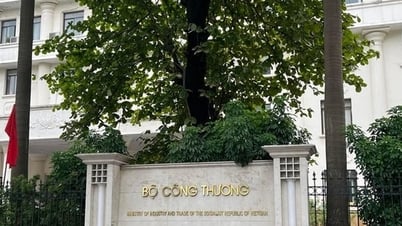
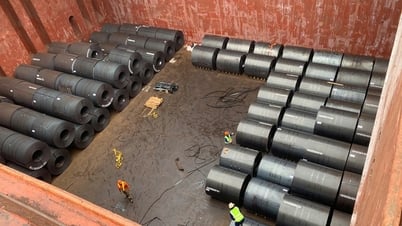



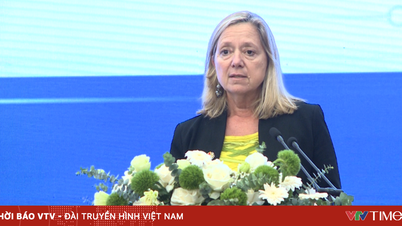



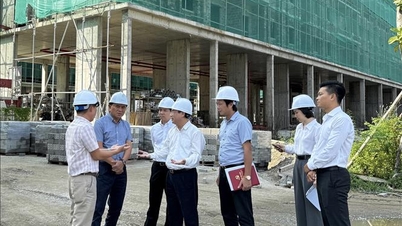
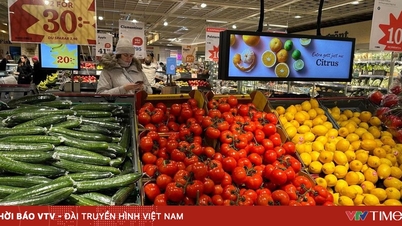




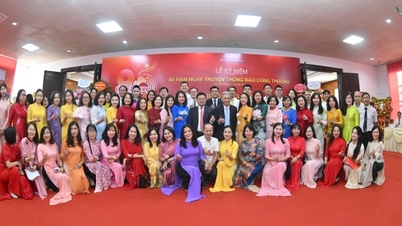


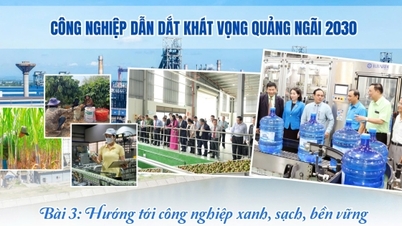
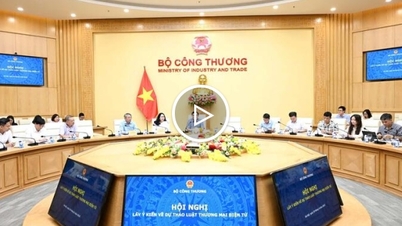














































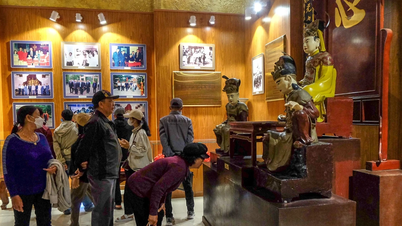

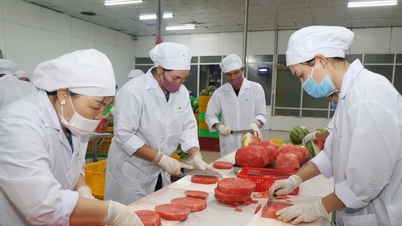

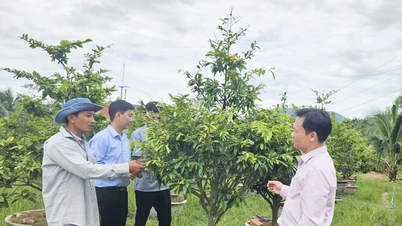


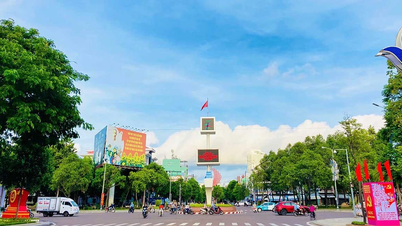
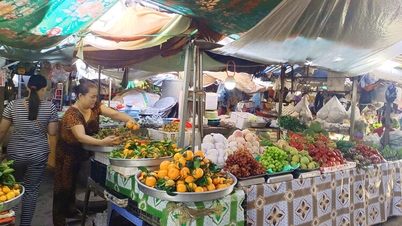














Comment (0)